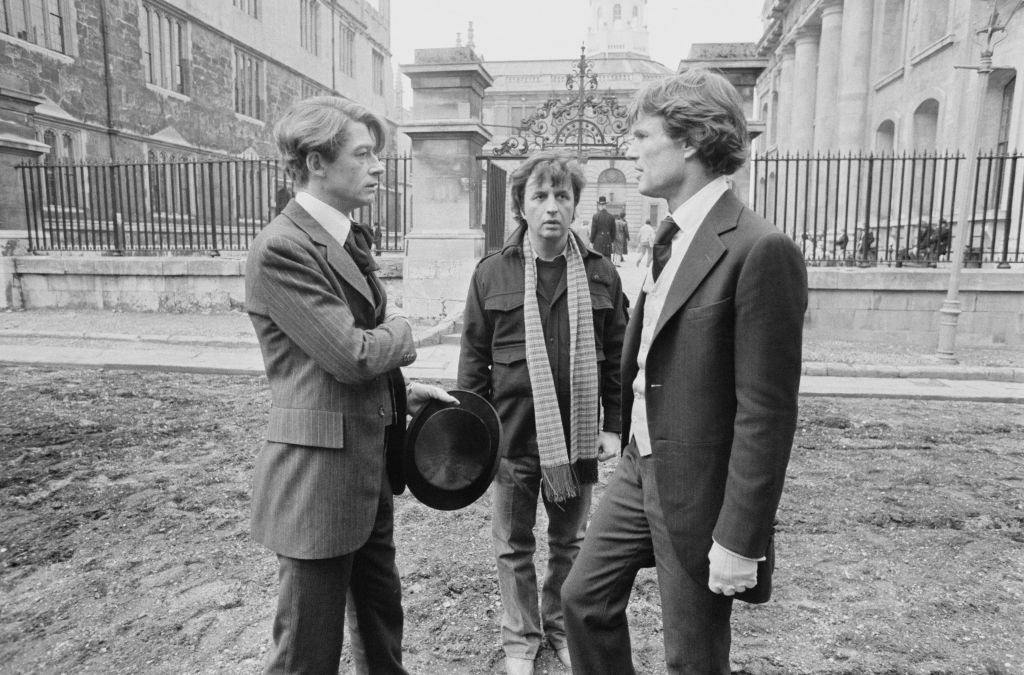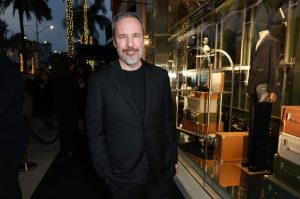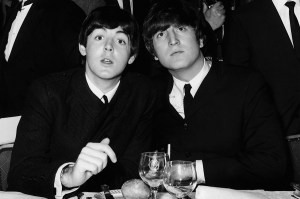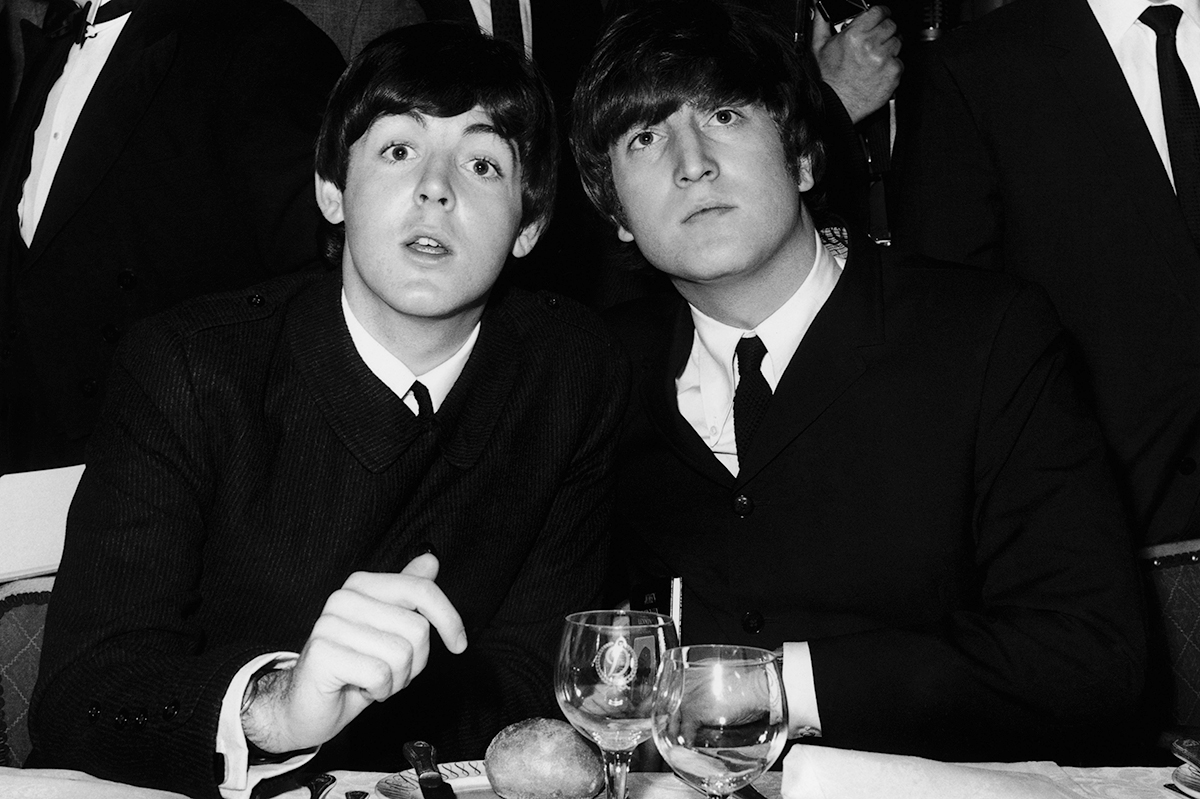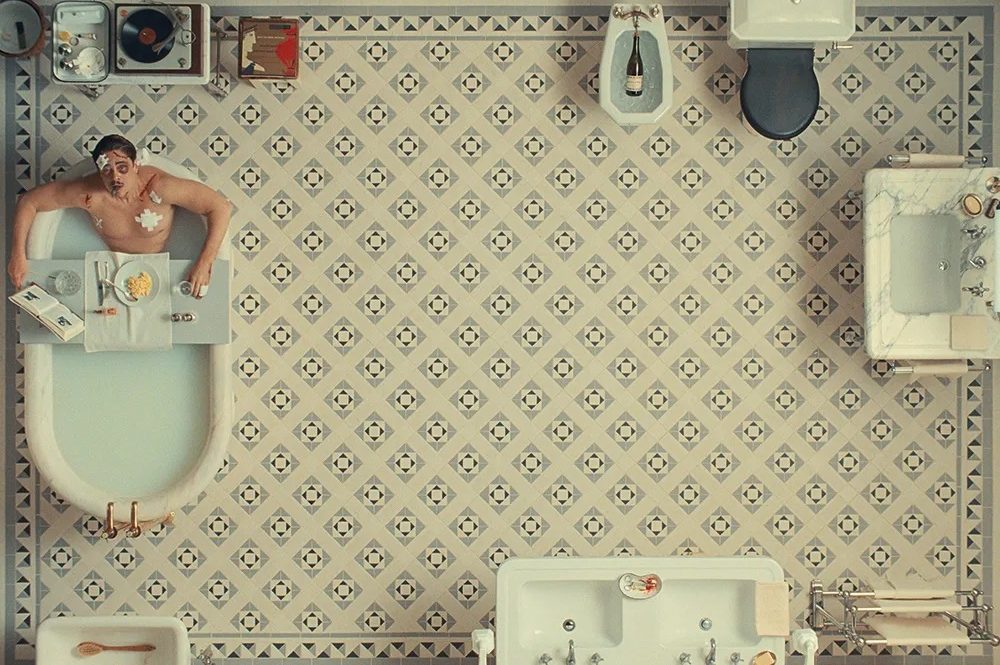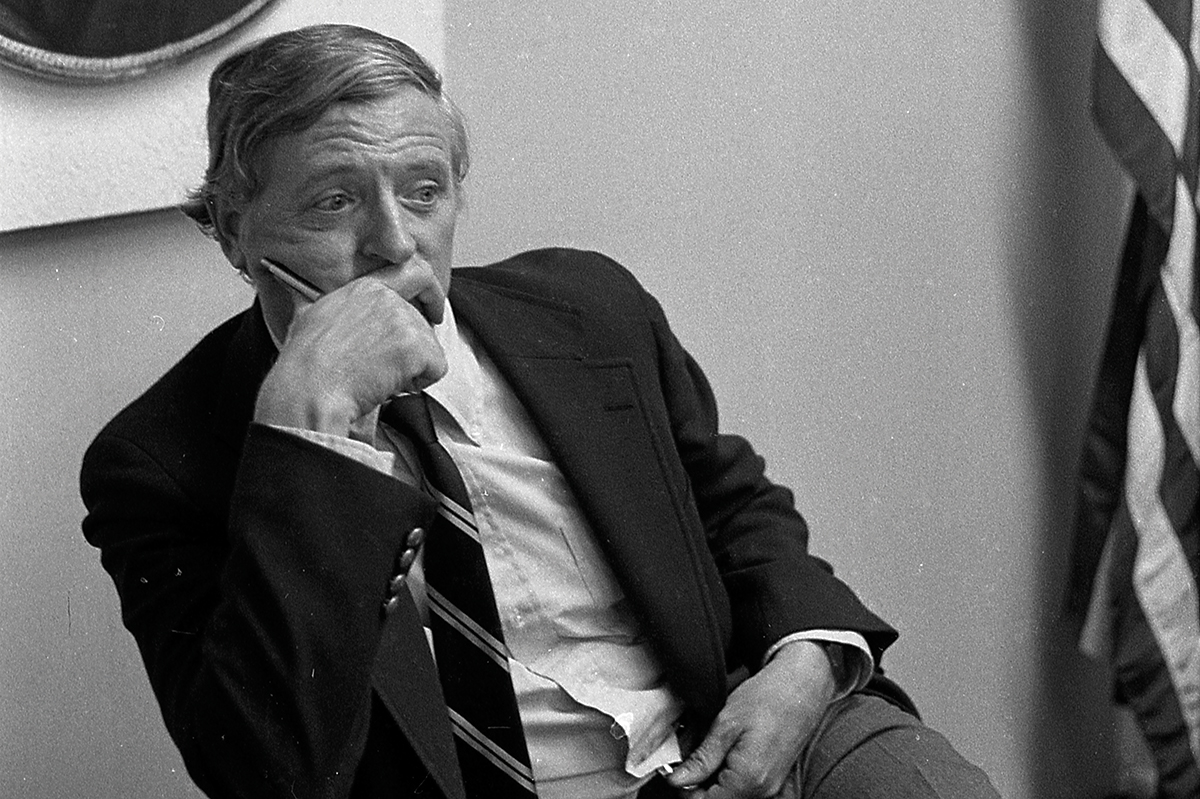In the spring of 1981, I committed what the entertainment press of that day regarded as an act of self-abuse: I bought a ticket and sat through Michael Cimino’s epic flop Heaven’s Gate, and then I went back for another viewing before the universally reviled film ended its one-week run at the local cinema.
In the four decades since, I have abused myself in similar fashion four or five more times. Heaven’s Gate is a 200-minute-plus mess of beautiful incoherences and stupefying contradictions, its pattern set by a gorgeously preposterous prologue in which forty-something actors Kris Kristofferson and John Hurt waltz across the greensward as newly minted Harvard graduates, class of 1870. Admittedly, Kristofferson had a baby face, which he used to excellent effect in Sam Peckinpah’s elegiac Pat Garrett and Billy the Kid, but I doubt if John Hurt had a baby face when he was a baby.
Director Cimino, an Ayn Rand fan who dearly wanted to remake The Fountainhead, frames Heaven’s Gate’s class conflict of cattle barons vs virtuous immigrants so crudely it would have made commie filmmaker Abe Polonsky (Force of Evil, 1948) blush.
According to Final Cut (1985), studio executive Steven Bach’s devastating account of the making of Heaven’s Gate, Cimino gave megalomaniacs a bad name. But how did this temperamental director of cutting-edge TV commercials for Maxwell House (take that, caffeinated hipsters!) leave such a massive cinematic footprint?
Charles Elton’s fine recent biography, Cimino: The Deer Hunter, Heaven’s Gate, and the Price of a Vision, limns a man who seems to have lied about everything: his age, military service, family (he claimed a Long Day’s Journey into Night childhood, though witnesses say Cimino’s middle-class Italian clan was normal), and an endless procession of beautiful girlfriends that no one remembers actually meeting. He also shamelessly took credit for the work of his writer-collaborators. What a guy. And yet….
Thunderbolt and Lightfoot (1974), Cimino’s first directorial effort, is a wonderfully askew buddy/heist movie in which Clint Eastwood (as an ersatz Idaho minister) and Jeff Bridges (in lovingly filmed drag) rob a Montana armory. Surely the gayest movie Clint ever made, Thunderbolt and Lightfoot is more than amiable. It’s touching, even memorable — and a helluva debut.
Cimino’s mysterious sidekick Joann Carelli, who was either the most monstrous bitch in moviedom or a tenaciously faithful friend and flamekeeper to a man of whose genius she was devoutly convinced, told Elton that “the only constant for Cimino was his love of America.”
Which brings us to his masterpiece, The Deer Hunter (1978).
Set in a western Pennsylvania steel-mill town and in Vietnam, The Deer Hunter tracks the dislocating effects of war on the home front. Cimino being Cimino, he shot the deer-hunting scenes in the Cascade Mountains of Washington State — not exactly dead ringers for the Alleghenies — but the heart of this extraordinary film is less the taut Russian roulette sequences in Saigon than it is the half-hour Russian Orthodox wedding the weekend before the young men are shipped overseas. (Cimino told one of Deer Hunter’s fretful producers that the wedding scene “would last no longer than the flicker of a candle.” Heh-heh.)
Dialogue was never Cimino’s strength, but I do love the post-wedding exchange when Mike (Robert De Niro) asks Nick (Christopher Walken) if he thinks they will ever return from war. “You know something?” replies Nick. “The whole thing. It’s right here. I love this fucking place. I know that sounds crazy but if anything happens, Mike, don’t leave me over there. You gotta promise me that.” Mike keeps his promise.
Cimino died in 2016, but his movie career effectively perished with Heaven’s Gate. The best of his pariah-era films is the slam-bang Year of the Dragon (1985), in which New York City cop Mickey Rourke tells a Chinese gangster who is going on about his ancient civilization, “This is America you’re living in and it’s 200 years old, so you’d better get your clocks fixed.”
In his final years Cimino underwent a bizarre physical transformation that left him looking like a coy middle-aged Asian woman who is keeping a secret she’s dying to tell. That secret, according to Elton, is that Cimino occasionally presented in the cross-dressing, wig-topped persona of “Nikki.” So one of the most profound films about communal bonds in working-class America was made by a Randian transvestite and chronic liar who was estranged from his family, stole credit from writers and belonged to no discernible community himself. Go figure.
This article is taken from The Spectator’s June 2023 World edition.



